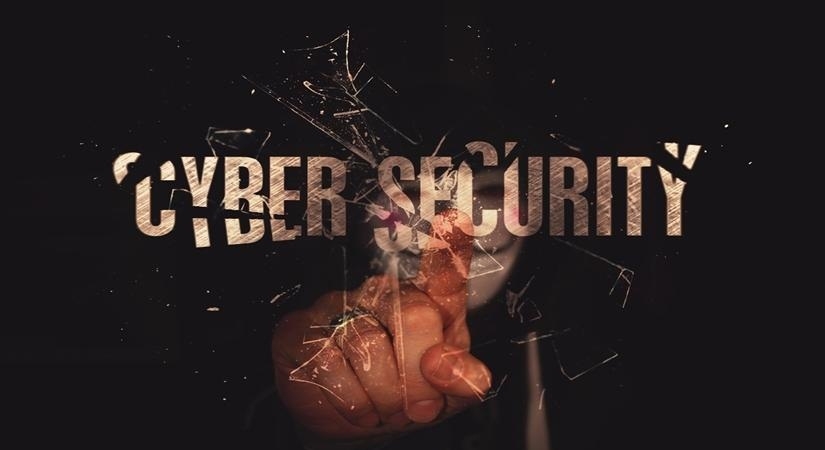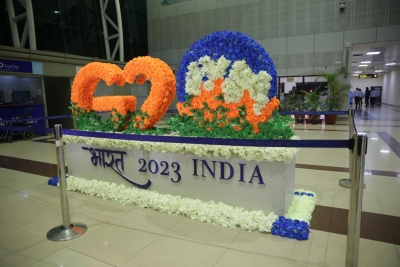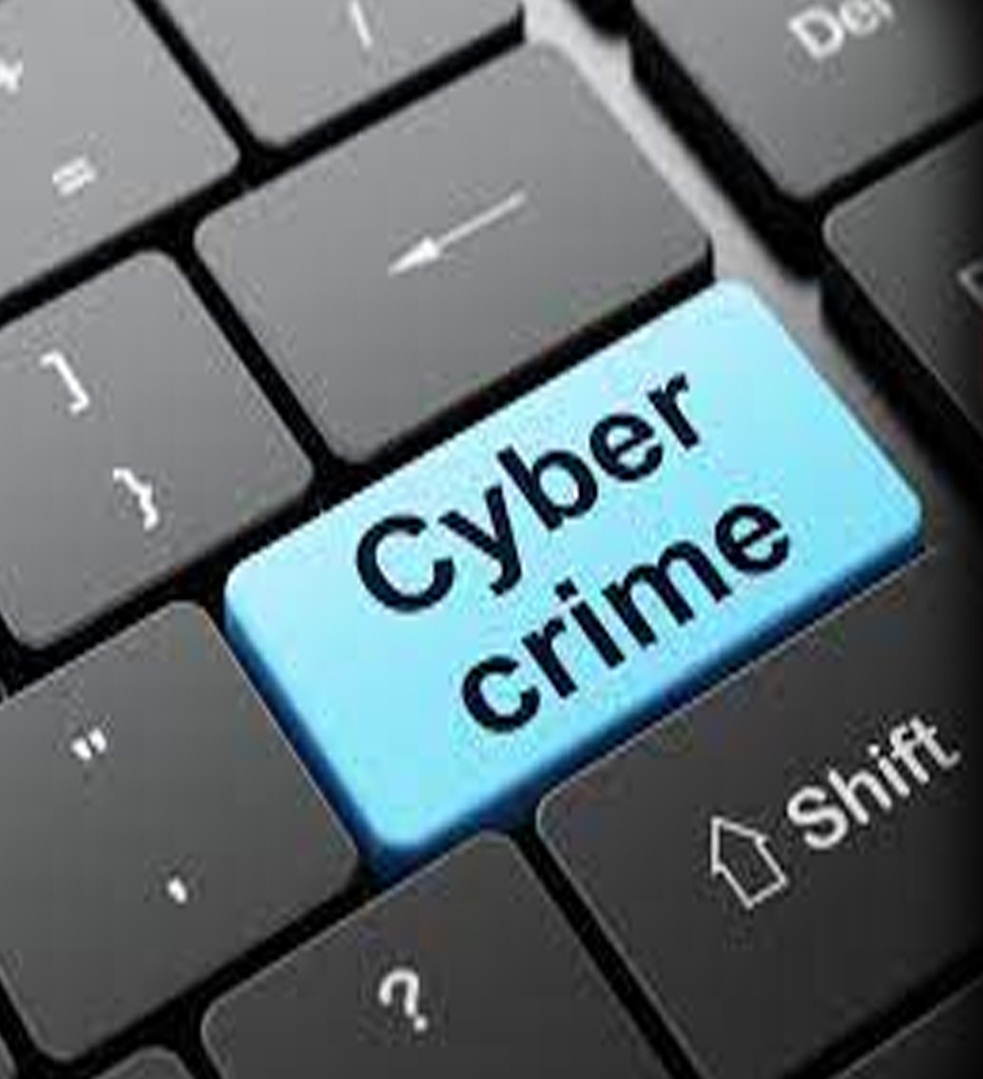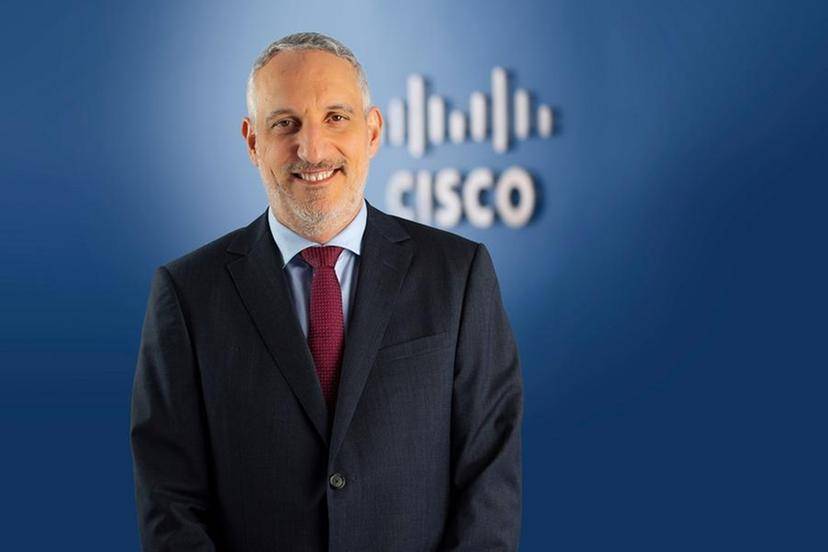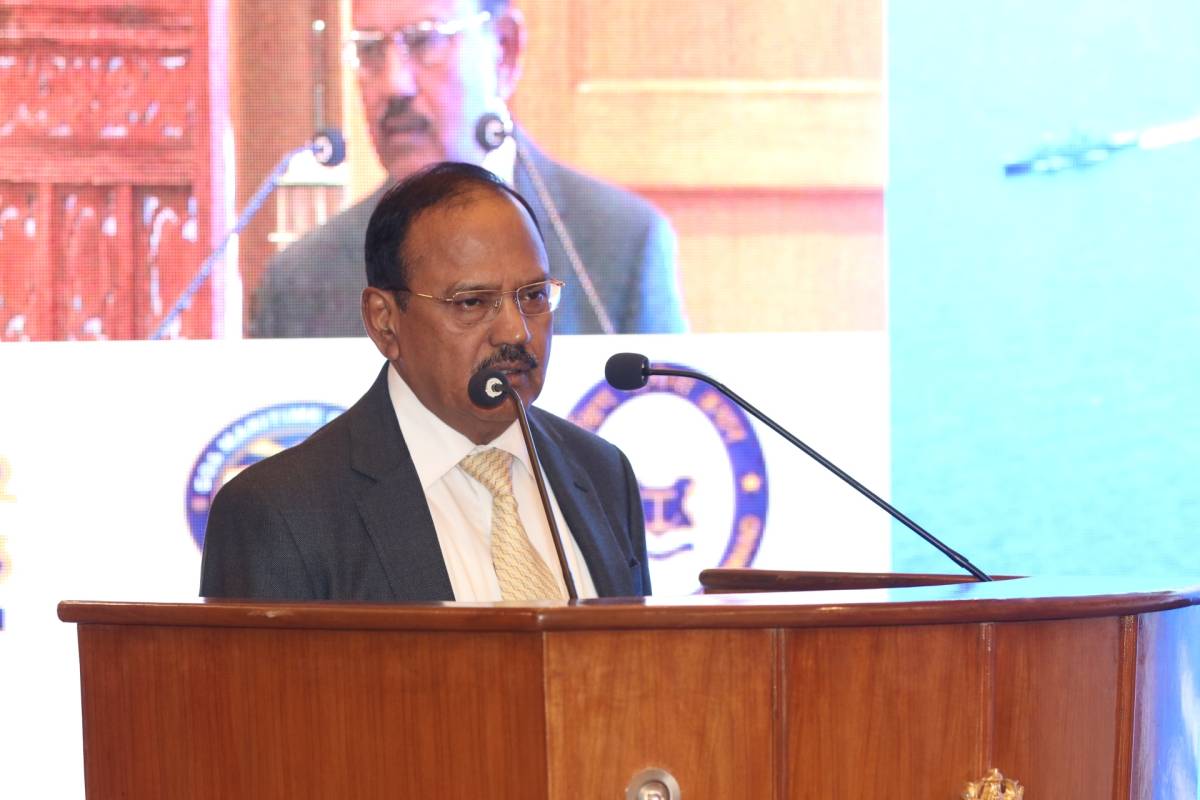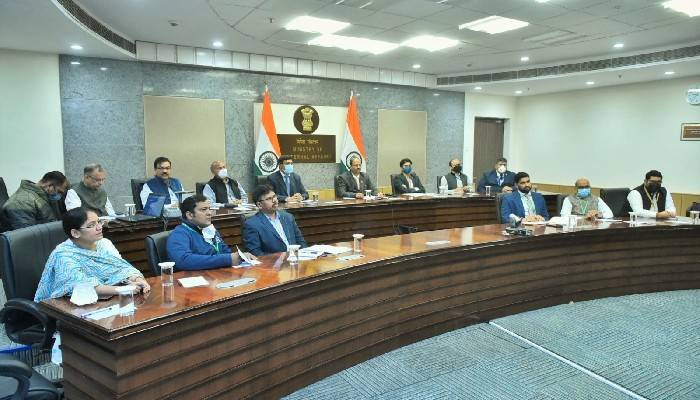Idea of cyber drills and exercises to help building long lasting ties proposed in meetinh hosted by RBI and CERT-In…reports Asian Lite News
The G20 International Conference on “Cyber Security Exercise for the Banking Sector” under India’s G20 Presidency was held in Mumbai.
The conference was jointly conducted by the Reserve Bank of India (RBI), the Indian Computer Emergency Response Team (CERT-In), the Ministry of Electronics and Information Technology (MeitY) on Monday. The conference commenced with a keynote address by RBI Deputy Governor MK Jain followed by a special address by CERT-In Director General Sanjay Bahl.
The Deputy Governor in his address stressed that managing cyber risks has become a key driver for ensuring financial stability. He emphasised on the imperative for global collaborative efforts to strengthen cyber security. He also outlined six specific strategies that the global community could follow.
Director General, CERT-In highlighted three global challenges in countering cyber-attacks and also emphasised on the need for global community to work together. He further mentioned, “Cyber drills and exercises could help in building long lasting relationships and in leveraging each other’s strengths to enhance preparedness.”
Moreover, Strategic and Operational Cyber Exercises and Drills were also organized as a part of the event. The participants held discussions on the new age cyber security challenges faced by the banks globally. The event also had a panel discussion on Trans-National Cyber Security Challenges in banking sector across the globe.
More than 200 participants from RBI, MeitY, IMF, BIS, central banks and Computer Emergency Response Teams of G20 Member Countries, MD and CEOs of select commercial and urban cooperative banks, Chief Information Security Officers (CISOs) and Chief Technology Officers (CTOs) of Indian and foreign banks attended the event.
The conference commenced with a keynote address by RBI Deputy Governor MK Jain followed by a special address by CERT-In Director General Sanjay Bahl. The Deputy Governor in his address stressed that managing cyber risks has become a key driver for ensuring financial stability. He emphasised on the imperative for global collaborative efforts to strengthen cyber security. He also outlined six specific strategies that the global community could follow.
Director General, CERT-In highlighted three global challenges in countering cyber-attacks and also emphasised on the need for global community to work together. He further mentioned, “Cyber drills and exercises could help in building long lasting relationships and in leveraging each other’s strengths to enhance preparedness.” Moreover, Strategic and Operational Cyber Exercises and Drills were also organized as a part of the event.
Earlier, National Cyber Security Coordinator Rajesh Pant had “Delhi Declarations” for G20 nations to promote cyber peace and cooperation to prevent, mitigate and investigate cyber incidents in cyberspace.
While speaking at the B20 Conference on Cyber Security organised by CII, Pant cited various G20 action plans around cyberspace and said that the G20 supports the existing UN cybersecurity norms.
“I want to propose today something that I’m calling the Delhi Declaration,” Pant said.
He said that the G20 encourages states to adopt norms of responsible state behaviour in cyberspace and Delhi Declarations comprises four to five norms that have already been accepted by the UN and the open ended working groups.
“We commit to protect, not damage critical infrastructure or other essential and peaceful systems from cyber-related or enabled means, commit to cooperate to prevent, mitigate and investigate cyber incidents, and other malicious activities in cyberspace. In particular, when it comes to ransomware,” Pant said while reading excerpts of the proposed Delhi Declarations.
“Commit to protect and not disturb the software supply chain and finally, commit to respect international law and the rule of law in cyberspace and commit to protecting the humanitarian sector. There is also a longer-term plan that has been made to help support the implementation of the framework. This is what I bring to the table,” Pant said.
He also said that it is necessary to have governance structures in place, and the people have to be trained on cyber hygiene, which involves standard operating procedures for various actions, cyber crisis management plans, audits etc.
“Technology will involve everything, which is today being discussed as part of zero trust architecture. So, right from the endpoint, the identity and access management to the network security to data security to cloud and to applications, everything will have to be catered for,” Pant said.
In May this year, India’s G20 Sherpa Amitabh Kant had asserted that India has digital public infrastructure and this will facilitate India to become global champion of cyber security.
“We have worked enough in country on digital transformation, as I informed there are 4 billion people around the globe who do not have identity, 2.5 billion have no bank account and 133 countries have no fast payment system. We have to take this digital public infrastructure to global level, we also need to become global champion of cyber security, because India has technology and innovation on the basis of population scale and we need to use this to become cyber security global champion,” said Amitabh Kant.
ALSO READ-G20 meet discusses effects of climate change

